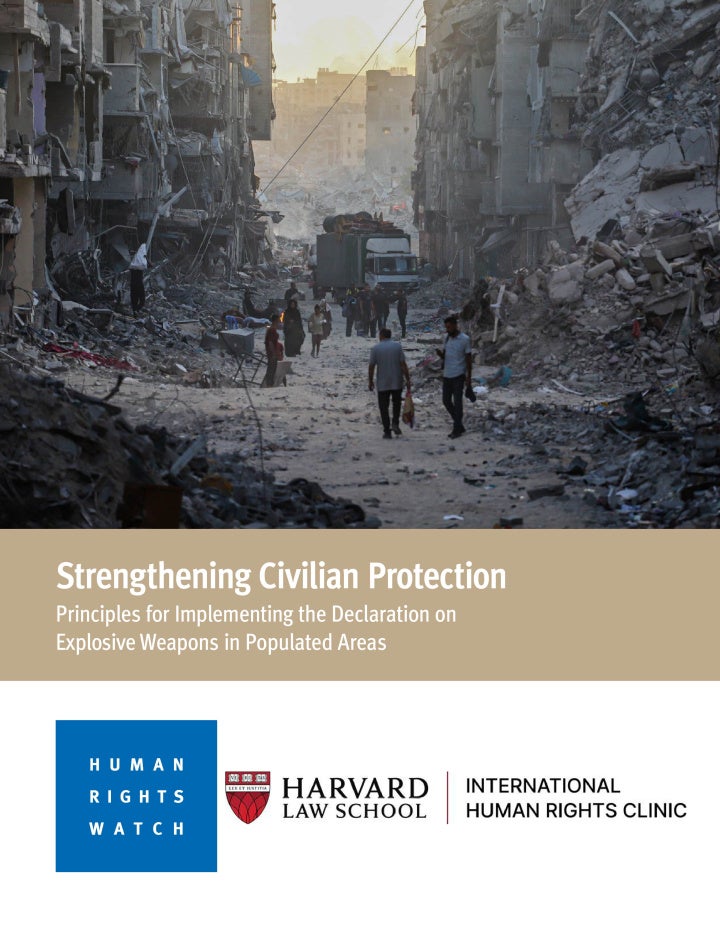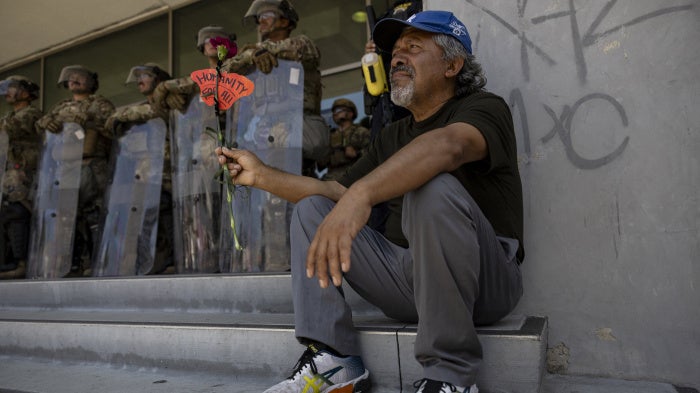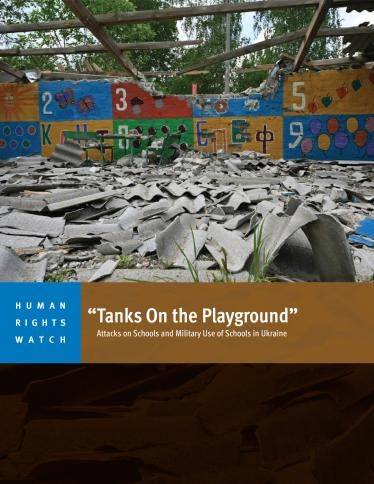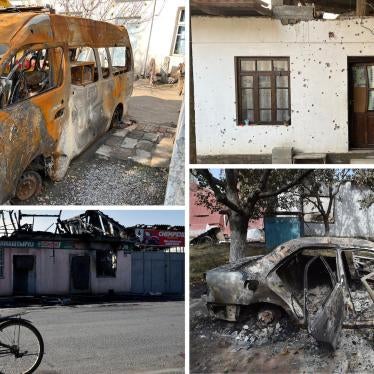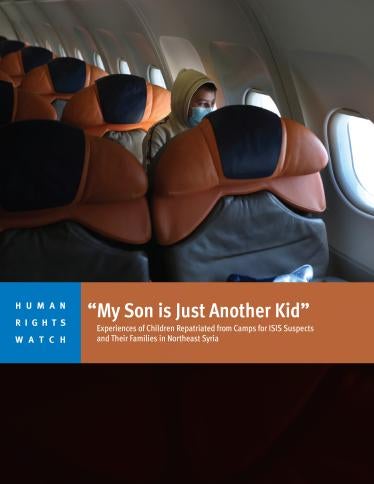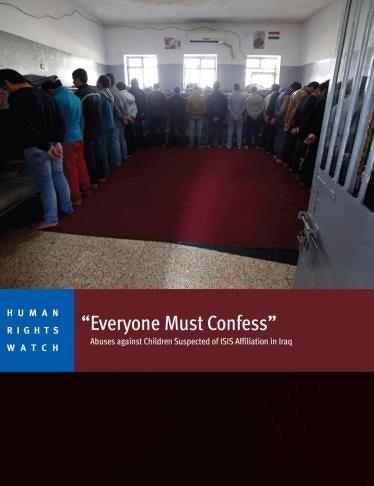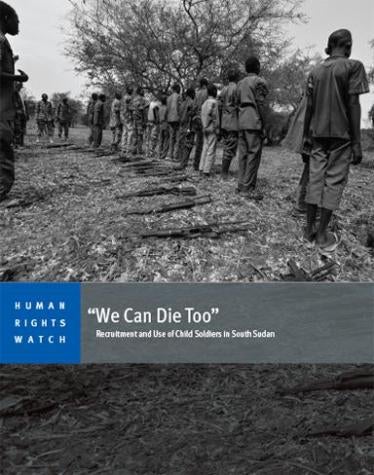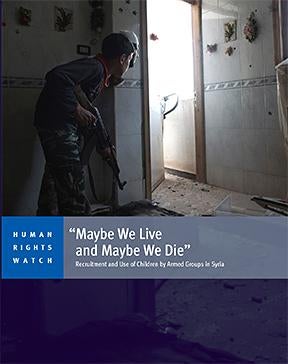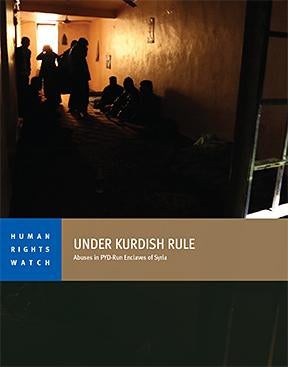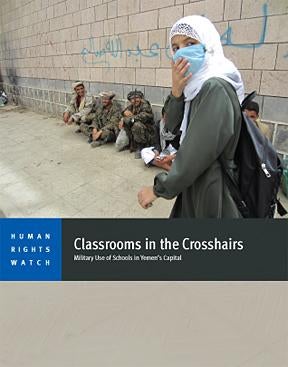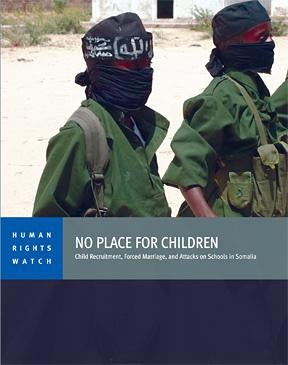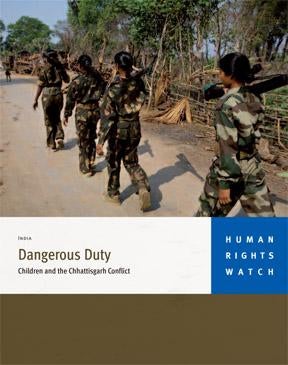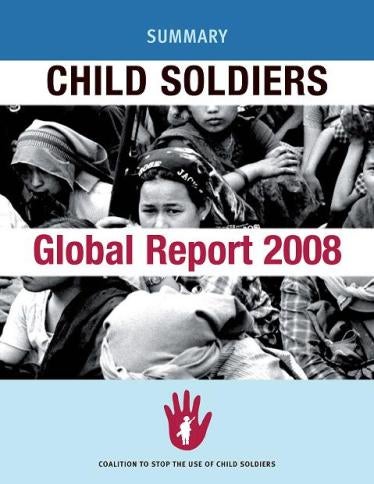Strengthening Civilian Protection
Principles for Implementing the Declaration on Explosive Weapons in Populated Areas
The 37-page report, “Strengthening Civilian Protection: Principles for Implementing the Declaration on Explosive Weapons in Populated Areas,” introduces seven guiding principles to help countries that have endorsed the Political Declaration on the Use of Explosive Weapons in Populated Area put their commitments into practice. Civilians make up the vast majority of casualties caused by the use of explosive weapons—such as aerial bombs, rockets, missiles, and artillery and mortar projectiles—in populated areas. Explosive weapons also turn urban areas into rubble, destroy infrastructure, and damage the environment and cultural heritage.
